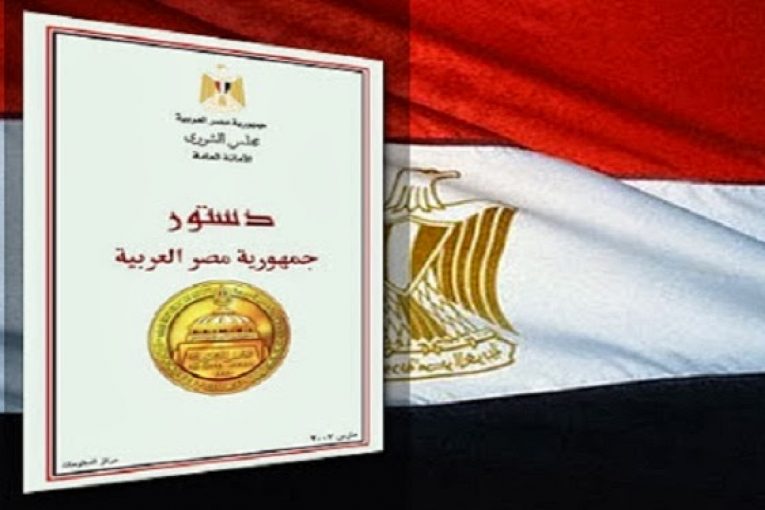
اعداد : د. جهاد مغاوري شحاتة – أستاذ مساعد القانون العام بكليات بريدة الأهلية – كلية العلوم الادارية والانسانية ، قسم القانون
- المركز الديمقراطي العربي
-
مجلة العلوم السياسية والقانون : العدد العشرون كانون الثاني – يناير 2020 – المجلد 04 – وهي مجلة دولية محكمة تصدر عن المركز الديمقراطي العربي المانيا- برلين.
- تُعنى المجلة في الدراسات والبحوث والأوراق البحثية عمومًا في مجالات العلوم السياسية والعلاقات الدولية،والقانون والسياسات المقارنة، والنظم المؤسسية الوطنية أو الإقليمية والدولية.
Journal of Political Science and Law
للأطلاع على البحث من خلال الرابط المرفق :
الملخص:
تعديل الدستور ضرورة حتمية تفرضها التطورات فيأي مجتمع، إلا إن هذه الضرورة تقابلها ضرورة تمتع القواعد الدستورية بقدر من الثبات النسبي، للموائمة بين هاتين الضرورتين تضع النظم الدستورية ضوابط لتعديل الدستور هذه الضوابط قد تكون ضوابط زمنية ، فلا يجوز لها إجراء أي تعديل دستوري خلال مدة زمنية معينة، وقد تكون ضوابط موضوعية فلا يجوز لها تعديل موضوعات معينة تحددها الدساتير، وقد تكون ضوابط إجرائية، وقد تناولنا هذه الضوابط فيمبحثين، حيث تناولنا في المبحث الأول محددات تعديل الدستور في الفقه والنظم القانونية المقارنة، ثم تناولنا في المبحث الثاني محددات تعديل الدستور المصري الصادر 2014 وقد انتهت الدراسة الي مجموعة من النتائج أهما أن الدستور المصري الصادر 2014 قد خلا من أي حدود زمنية لاجراء تعديل دستوري، كما أنه قرر حدودا موضوعية للتعديل مواده، كما أنه حظر اجراء أي تعديل دستوري في موضوعات أخرى، وانتهت الدراسة بعدة توصيات أهما ضرورة عرض أي تعديل دستوري على المحكمة الدستورية العليا .
Abstract :
Amending the constitution is an imperative necessity imposed by developments in any society. However, this necessity is matched by the necessity of constitutional rules having a degree of relative stability. In order to reconcile these two necessities, the constitutional systems set controls for amending the constitution.These controls may be time controls, they may not make any constitutional amendment during a specific period of time, and they may be objective controls, they may not amend certain topics defined by constitutions, and they may be procedural controls.We examined these controls in two topics, where we discussed in the first topic the determinants of amending the constitution in jurisprudence and comparative legal systems, then we examined in the second topic the limitations of amending the Egyptian constitution issued in 2014 and the study ended with a set of results, the most important of which is that the Egyptian constitution issued in 2014 has been free from any limits Time for a constitutional amendment, as he decided the objective limits for the amendment of its articles, as he prohibited any constitutional amendment in other subjects, and the study ended with several recommendations, the most important of which is the necessity of presenting any constitutional amendment to the Supreme Constitutional Court.
